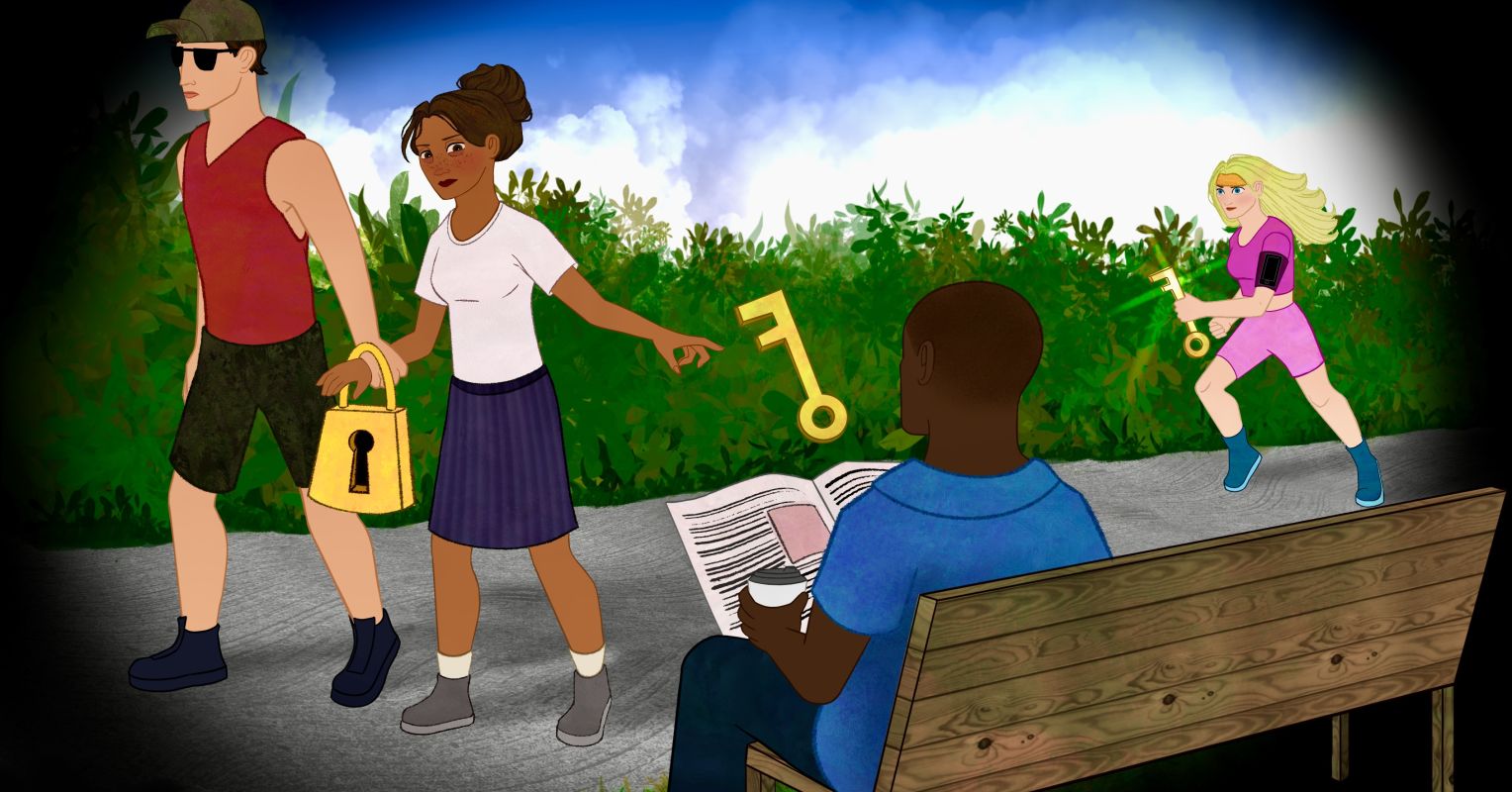

A recent article by Cher J McGillivray Ph.D. in Psychology Today emphasizes the critical role of bystanders in addressing child abuse, violence, and coercive control [f62683cd]. The article highlights the alarming increase in domestic and gender-based violence rates globally and calls for urgent action. It emphasizes that bystanders have the power to make a difference by actively engaging in societal change. By taking direct or indirect action, providing support to victims, challenging abusive behavior, or reporting to authorities, bystanders can help break the cycles of abuse. The article also highlights the importance of parents in creating safe and respectful environments for children, as well as the need for collective action to combat abuse and create a safer world [f62683cd].
The article in Psychology Today underscores the critical role of bystanders in addressing child abuse, violence, and coercive control. It highlights the alarming increase in domestic and gender-based violence rates globally and emphasizes the need for urgent action. Bystanders have the power to make a difference by actively engaging in societal change. By taking direct or indirect action, providing support to victims, challenging abusive behavior, or reporting to authorities, bystanders can help break the cycles of abuse. The article also emphasizes the importance of parents in creating safe and respectful environments for children. It calls for collective action to combat abuse and create a safer world [f62683cd].
The article emphasizes that bystanders have a critical role in addressing child abuse, violence, and coercive control. It highlights the alarming increase in domestic and gender-based violence rates globally and calls for urgent measures. By actively engaging in societal change, bystanders can alleviate feelings of helplessness and foster a sense of control. The article emphasizes that victims of inaction may interpret it as a refusal or failure to bring about change. Stopping intergenerational cycles of abuse requires responsibility from individuals, parents, businesses, communities, and bystanders. Being an active bystander involves addressing or challenging behavior with direct or indirect action, providing feedback to the offender, offering support to the victim, or reporting to authorities. The article also highlights that perpetrators of abuse often appear as upstanding citizens, displaying traits associated with narcissism and Machiavellianism. Parents play a crucial role in supporting children's minds through respectful relationships and ensuring that homes are sanctuaries of safety. Breaking the cycles of abuse requires intervention and support from active bystanders. The article emphasizes the need for collective action to combat abuse and create a safer world, given the high rates of violence against women and children globally [f62683cd].
A concerned neighbor seeks advice on how to handle a relative who exposed himself to their young daughters. The parents are unsure how to proceed and are concerned about the potential consequences of reporting the incident. R. Eric Thomas advises them to report the incident to child protective services or the police to protect the children and other potential victims. He emphasizes that it is not their responsibility to mete out justice but to listen to and protect their children. Thomas recommends seeking guidance from the Rape, Abuse & Incest National Network (RAINN) for support throughout the process.